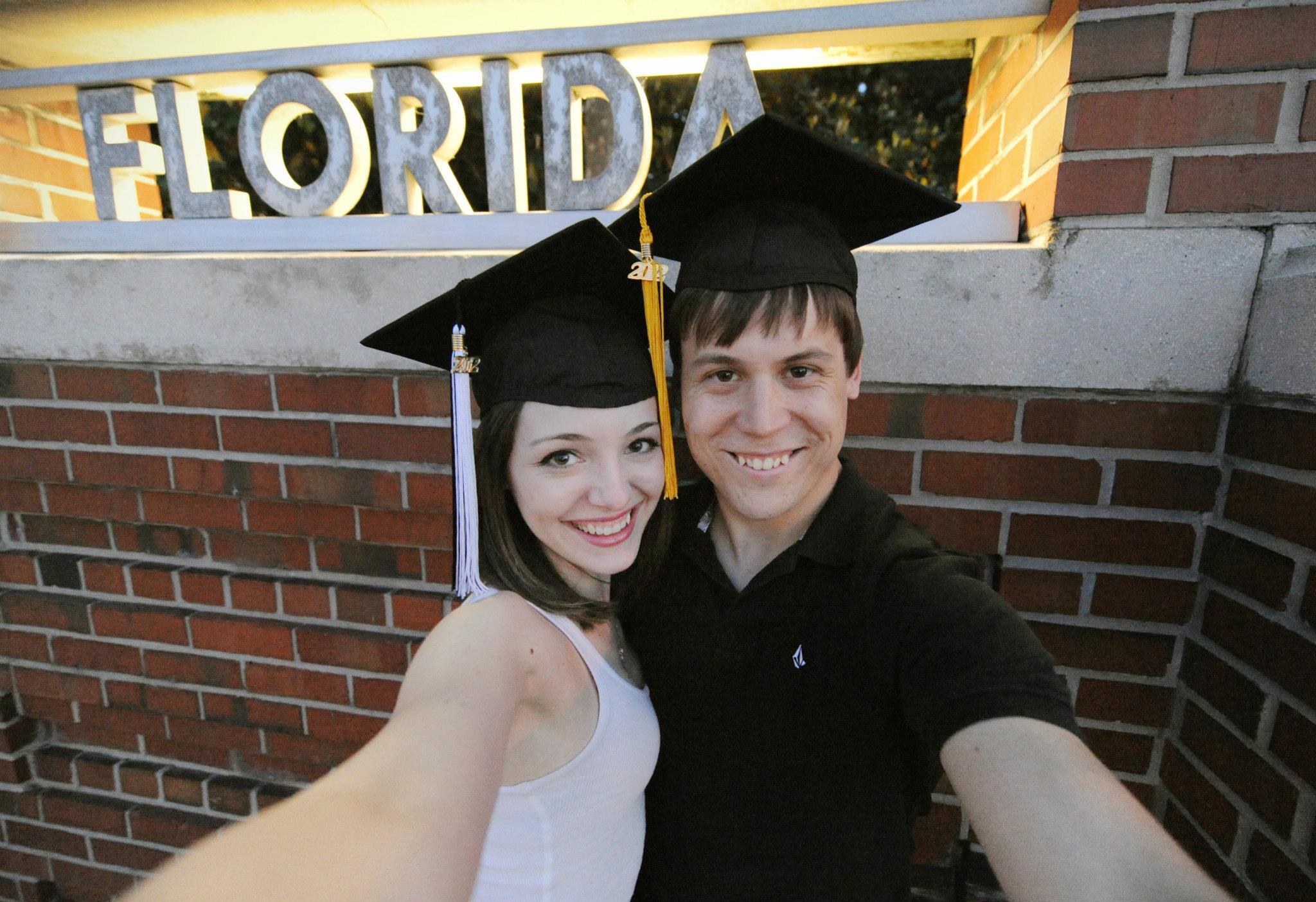The Path to Early Retirement
There is a common belief that in order to retire even just a decade early, a significant amount of wealth and a high salary are required. That certainly wasn’t this couple’s situation.
They were each making under $40,000 a year when they first started saving for early retirement, and they maxed out at around $90,000. But that money can go a long way when you save the way the Keys do.
Throughout their 20s, the couple managed to keep their combined living expenses between $18,000 and $26,000 each year. Lauren worked in marketing while Steven was a public school teacher and, later, a tutor.
“A lot of Americans would call that extremely frugal. But, strangely, we never really felt deprived,” Steven said. “Our philosophy was kind of just spend as much money as you need to spend and then don’t spend any more than that because spending any more than that doesn’t really make you much happier or more comfortable.”
The couple limited major expenses by focusing on housing, travel and food. They rented when they were younger and, after buying their own home, often rented out a room to friends for additional income. They ate in, doing their shopping at Costco and Walmart.
And they never tried to spend more than $4,000 on a car.
“The savings are unbelievable, especially when you account for the investment opportunity there,” Steven said. “A lot of people don’t realize that if you buy a $40,000 car and I buy a $5,000 car, the difference isn’t just $35,000. It’s $35,000 invested and compounded over the entire time that we owned those two cars.”
Their lack of annual expenses meant they needed a lot less to retire early than a more financially demanding family. With all of that additional money freed up thanks to their frugal lifestyle, the couple took advantage of passive investing to begin growing their wealth.
“Our investment strategy is very, very simple. We’re almost 100% passive investors,” Steven said. “We own total stock market index funds, total bond market index funds and we have one rental property.”
On top of their frugal living and extreme saving, the couple kept a close watch on their financial situation. They would evaluate their net worth once a month and, while never having a set-in-stone goal of when they needed to be retired by, continued to work towards building up their savings.
“Tracking our net worth was extremely important to see the progress we were making. It kind of gamified the experience for us and kept us on the same team reaching toward this goal,” Lauren said. “We were keeping track of what number we needed to reach. That number kind of got less and less relevant the more and more we had saved.”
Reaching Early Retirement
The moment you decide to retire can seem almost like an on-off switch. One day you’re employed, and the next you’ve quit your job and are now in retirement. For the Keys, it was a more gradual transition.
The couple took six months off to go to Hawaii after realizing they had nearly seven years of savings. They then returned to their jobs before later taking another extended break to visit national parks.
But they finally reached the point where they felt comfortable leaving their careers full-time when they were 29. And they have many fun plans for their lives.
There is still plenty of traveling to be done. The couple has been everywhere from Alaska to Australia, and they have also spent time setting up their blog, Trip of a Lifestyle, which breaks down their financial journey.
The couple will also “unretire” from time to time if a particularly interesting or fun opportunity presents itself. Steven’s friend just recently convinced him to help start a new business.
But whatever choices they choose to make from here, they are comfortable and financially independent as they do so.
“A lot of times, saving money feels like it’s a chore. It’s the responsible thing to do. You have to do it,” Lauren said. “But if you look at it as a thing that you get to do, a thing that, instead of spending money on stuff you don’t need, you can look at saving money like reaching that goal instead.”






 Guarantee financial freedom with an annuity.
Guarantee financial freedom with an annuity.